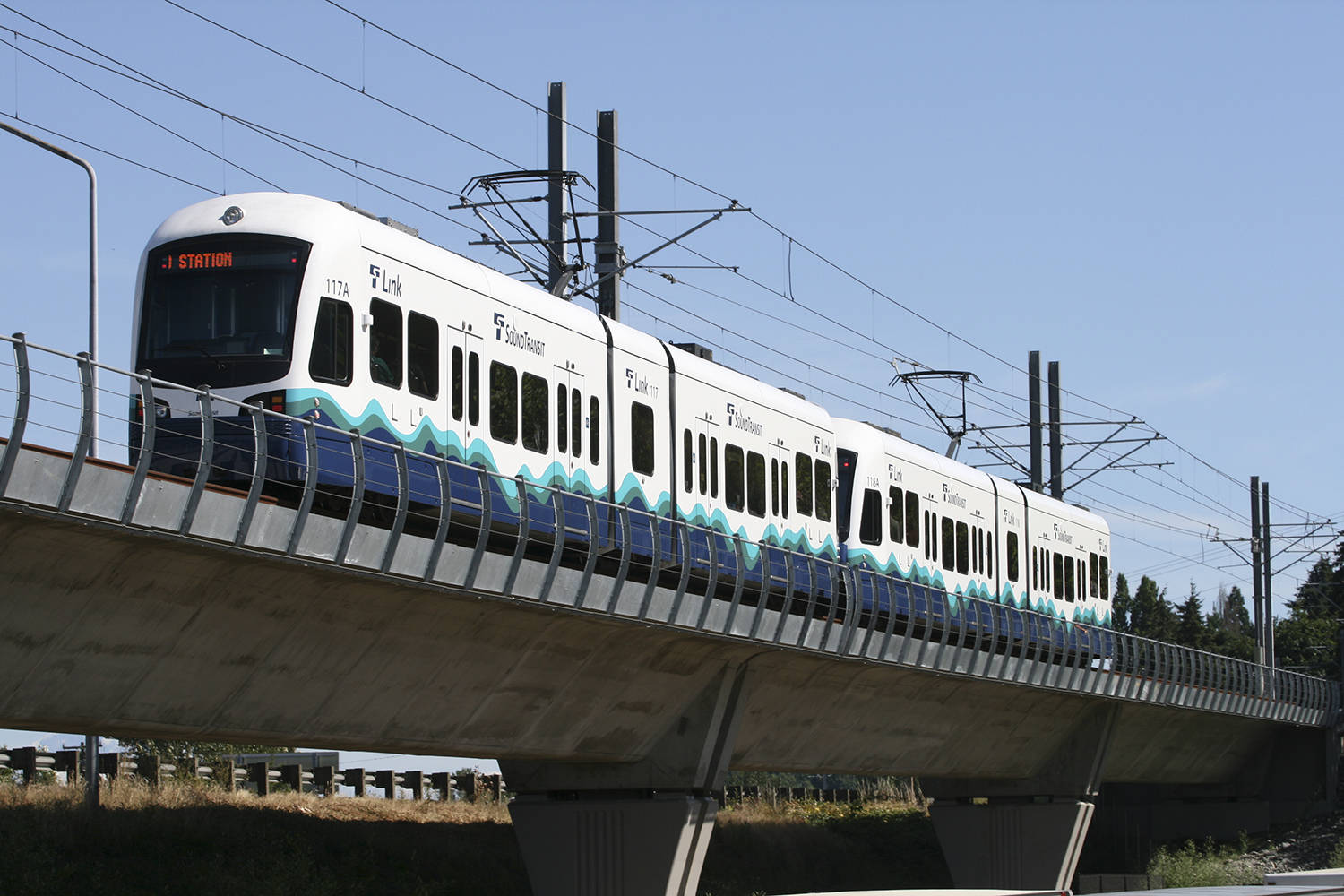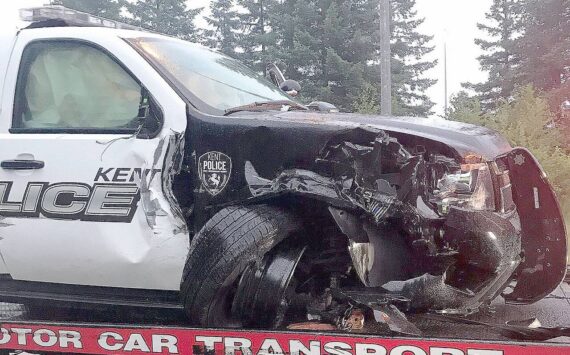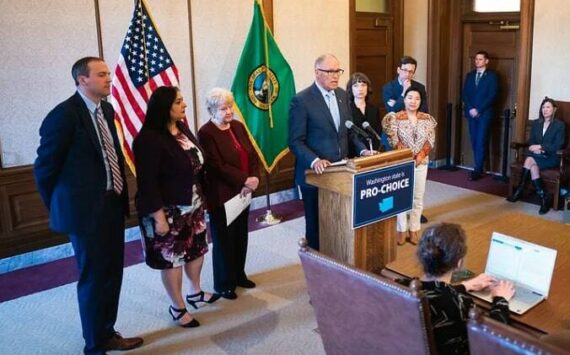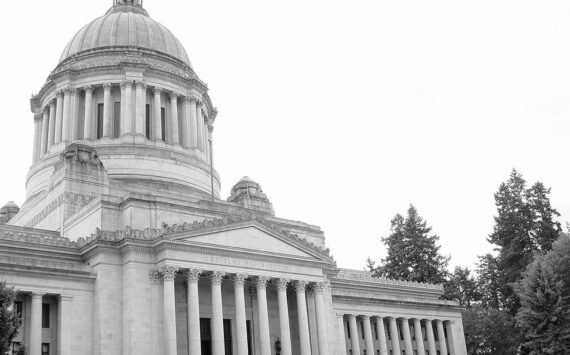LYNNWOOD — A compromise deal to fund the federal government provides Sound Transit with millions of dollars it has been counting on to expand light rail service.
The agreement also maintains funding for Community Development Block Grants, Puget Sound protection and salmon recovery while increasing money to combat opioid abuse, conduct medical research and cleanup of contamination at the Hanford Nuclear Reservation.
In all, the 1,665-page bill lays out $1 trillion in spending to keep the federal government running through the end of the budget year Sept. 30.
It does so with similar levels of funding Congress and former president Barack Obama discussed last year, and without deep cuts in domestic programs sought by President Donald Trump or new spending he desired for such items as a wall along the U.S. border with Mexico.
The U.S. House is expected to vote on the package Wednesday with a vote in the Senate as early as Thursday. Congress must pass it before midnight Friday to prevent a government shutdown.
“Although this wasn’t the bill I would have written on my own, we showed that when Democrats and Republicans work together and reject President Trump’s demands, we can make progress and get things done for the workers, women, and middle class families we represent,” U.S. Sen. Patty Murray, D-Wash., said in a statement. Murray is a member of the Senate Appropriations Committee and took part in the negotiations.
Sound Transit officials had been concerned previously promised federal aid might dry up or disappear after the president called for freezing expenditures.
The compromise budget deal includes $100 million for Sound Transit’s Lynnwood Link Extension. It is the first installment of $1.174 billion of federal funding the regional transit authority is hoping to receive to help build light rail from Northgate to Lynnwood and begin service in 2023. The federal dollars are in addition to sales tax, car-tab fees and other revenues.
“We were very concerned about the funding being jeopardized. We’re very encouraged by the news,” said Kimberly Reason, a public information officer for Sound Transit.
Democratic members of Congress applauded negotiators for completing a compromise spending plan that did not reduce funding in major areas.
However, Democratic Rep. Rick Larsen pointed out that the Environmental Protection Agency’s $8 billion budget is about $81 million less than what had been enacted in 2016. But it does preserve $28 million for Puget Sound cleanup pushed for by the congressman.
“This spending package is a compromise, so while I am disappointed by cuts to the Environmental Protection Agency—an agency that is critical for Puget Sound restoration and protection—this is not the radical slash and burn approach advocated for by President Trump,” he said in a statement. Democratic Rep. Suzan DelBene praised the $2 billion of added money for the National Institutes of Health in contrast to the paring of the agency funding sought by the president.
“While this bill is certainly a compromise, I am relieved to see some of the critical investments I have fought for included, such as increased funding for the National Institutes of Health and opioid abuse diversion programs,” DelBene said.
There’s also an estimated $600 million to combat opioid abuse in the budget, including funding to expand the Law Enforcement Assisted Diversion program that DelBene sought.
Jerry Cornfield: 360-352-8623; jcornfield@heraldnet.com Twitter: @dospueblos.








